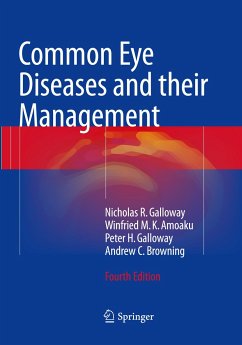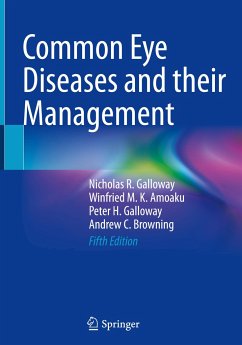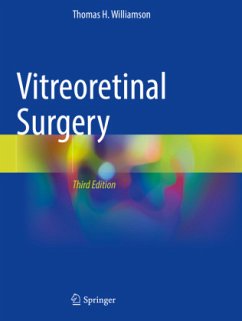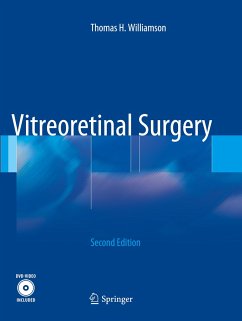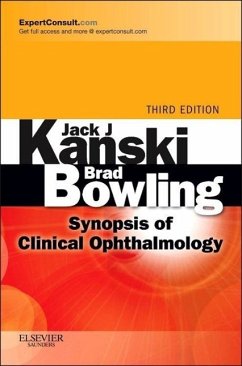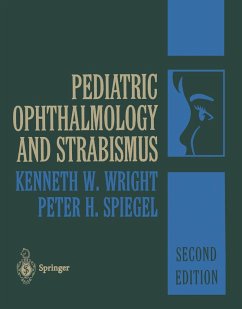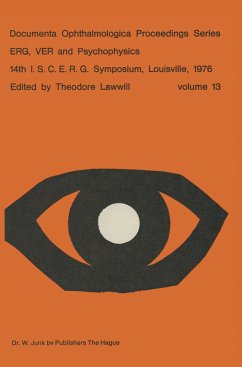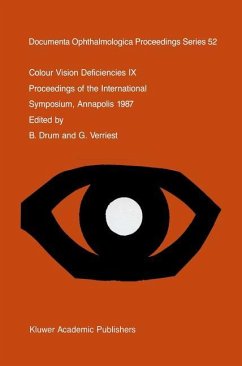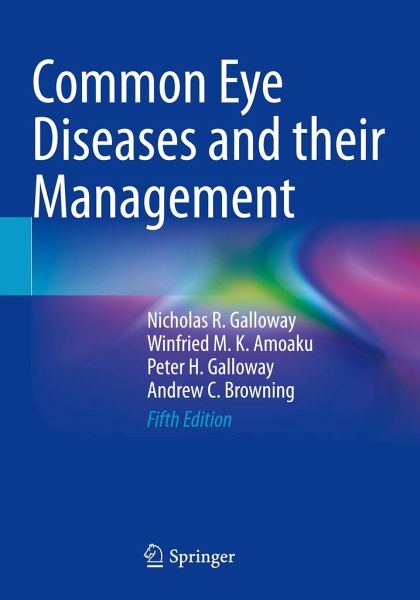
Common Eye Diseases and their Management
Versandkostenfrei!
Versandfertig in 6-10 Tagen
61,99 €
inkl. MwSt.
Weitere Ausgaben:

PAYBACK Punkte
31 °P sammeln!
Since the last edition of this book, there have been a number of advances in the fields of glaucoma, corneal disease, medical retina and genetics. This new edition discusses these developments while also providing an introduction to the specialty of clinical ophthalmology for medical students, trainee ophthalmologists, optometrists, general practitioners, and anyone with a special interest in the subject.Common Eye Diseases and their Management, 5th Edition contains a brief introduction and outline of the anatomy of the eye and orbit, with emphasis placed on the efficacy of modern treatments i...
Since the last edition of this book, there have been a number of advances in the fields of glaucoma, corneal disease, medical retina and genetics. This new edition discusses these developments while also providing an introduction to the specialty of clinical ophthalmology for medical students, trainee ophthalmologists, optometrists, general practitioners, and anyone with a special interest in the subject.
Common Eye Diseases and their Management, 5th Edition contains a brief introduction and outline of the anatomy of the eye and orbit, with emphasis placed on the efficacy of modern treatments in later chapters. References are deliberately kept to a minimum to engage readers with a conversational approach and each chapter ends with a concise summary to assist the reader with remembering the key points for each topic.
Common Eye Diseases and their Management, 5th Edition contains a brief introduction and outline of the anatomy of the eye and orbit, with emphasis placed on the efficacy of modern treatments in later chapters. References are deliberately kept to a minimum to engage readers with a conversational approach and each chapter ends with a concise summary to assist the reader with remembering the key points for each topic.





